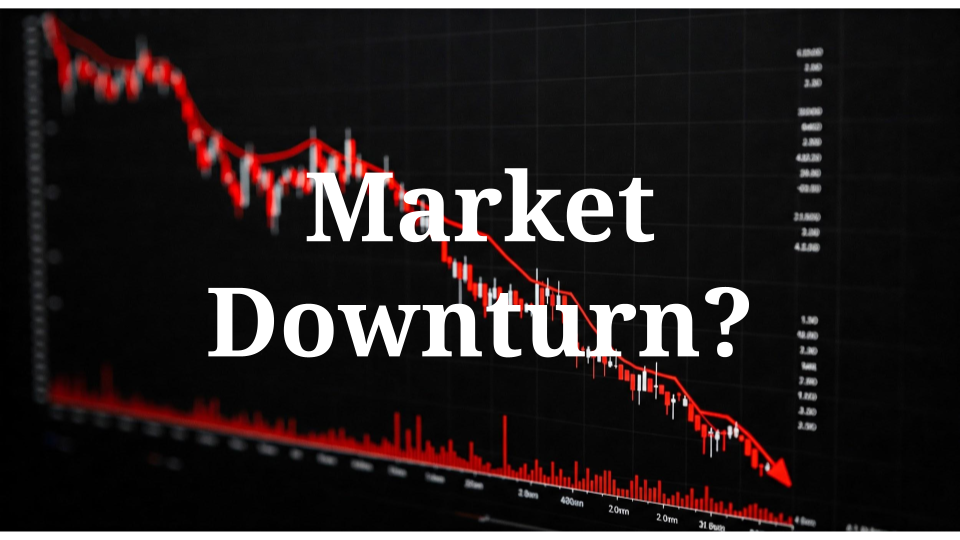What is money? Isn't it really just time?
/Time in Place of Money
What is money? If you live in the United States, you probably think of money as the US Dollar. People in Japan might think of the Yen. People in France, Germany, and Italy might think of the Euro. Economists Milton Friedman and Allan Meltzer describe money as, “a commodity accepted by general consent as a medium of economic exchange. It is the medium in which prices and values are expressed; as currency, it circulates anonymously from person to person and country to country, thus facilitating trade, and it is the principal measure of wealth.” (Source: Britannica; link below)
What if you thought of money a little bit differently? When thinking about money, try substituting my time in place of money because time is what you have to give up to receive money.
Exchanging Crops for a Phone
Let's say a farmer wants a new phone. He knows how to grow crops but can’t build his own phone. The farmer sacrifices his time to grow crops that he can sell to others for money. Once he obtains this money he can buy a new phone. The owner of an electronics store sacrifices her time working at the store selling phones to earn money. What does she do with that money? She might buy the farmer's crops at the grocery store. The money is just an intermediary for the time between the farmer and the electronics store owner.
While this is a simplistic example, this is how many transactions happen in our society. If you start thinking about money as actually being your time, then it could make you wiser with your money. Being wiser with your money could lead you to be more efficient with your time!
How to Apply to Your Life
Here is a real-world scenario where you could apply this money as time principal. The average new car price as of November 2022 was $48,681. (Source: Kelley Blue Book; link below) Economics is all about opportunity costs. If you spend $48,681 purchasing a new vehicle then that is $48,681 that you do not have to purchase something else. Let’s assume that you make the average hourly wage of $32.80/hour. (Source: St. Louis Federal Reserve Bank; link below) We can find how many hours you would have to exchange for purchasing a new vehicle by dividing $48,681 by $32.80: 1,484 hours! Once you take taxes into account the number of hours will probably be even higher.
While you might normally ask if the car was worth $48k, instead ask yourself if it’s worth 1,484 hours of time working at your job. Are you willing to spend 74% (1,484/2000) of a year working to purchase that new vehicle? If the answer is “yes,” then go for it and enjoy your new vehicle. If the answer is, “Hmmm I think I might be able to use those 1,484 hours more effectively somewhere else in my life”, then keeping your current vehicle could result in a wiser use of your time!
I am currently in this scenario right now in my own life. I drive a 2011 Prius that only has around 75,000 miles. It runs great, does not need any major repairs, and gets 50 MPGs! I don’t need a new vehicle but have been intrigued with the 2023 Rav4 and 2023 Prius. I utilized this process in my head and determined that was too many hours of my working life to pay for a newer vehicle that I might want but don’t need. I would rather use those hours spending time with my friends/family, writing blog posts, creating YouTube videos, and staying healthy by playing beach volleyball/pickleball.
Words to Live By
You can utilize this thinking in many different scenarios. Just take the price of what you are considering buying and divide it by your hourly wage. That will tell you how many hours it will take you to work to pay for that next big purchase. Then decide if you are okay with that tradeoff.
Here is one of my favorite quotes from the book, “The Psychology of Money,” by Morgan Housel. He states, “The ability to do what you want, when you want, with who you want, for as long as you want, is priceless. It is the highest dividend money pays.” Make sure you are being wise with your money so you can enjoy your time to the fullest!
Sources: https://www.britannica.com/topic/money
https://www.kbb.com/car-news/average-new-car-price-sets-record/
Fiduciary Financial Advisors, LLC is a registered investment adviser and does not give legal or tax advice. Information presented is for educational purposes only and does not intend to make an offer or solicitation for the sale or purchase of any securities. The information contained herein has been obtained from a third party source which is believed to be reliable but is subject to correction for error. Investments involve risk and are not guaranteed. Past performance is not a guarantee or representation of future results.
















